SCHOFIELD BARRACKS, Hawaii -- As the foremost authority of the Department of the Army, the Honorable John McHugh, Secretary of the Army, has perhaps the widest view of operations within his military branch. Since his appointment to his current position in September of 2009, Secretary McHugh has been to numerous meetings and office presentations addressing U.S. Army policy, but he feels the best view of the needs and goals of Soldiers can be found at a more personal level.
"There's no substitute for getting boots on the ground, putting your eyes onto a facility or a problem, and talking to troops is one of the most beneficial things we'll get to do," said McHugh. "I try to sit down and have lunch for at least an hour or so with spouses to hear from them and what their problems are."
As part of an effort to better understand the challenges and objectives of Soldiers, Secretary McHugh took the time to visit with several military families and the local press on Schofield Barracks, Hawaii, May 7.
During a meal with Soldiers and their spouses at the 3rd Brigade Combat Team dining facility, McHugh listened to the suggestions and concerns of military families, while also answering questions regarding past, present and future Army family support.
McHugh sat down with many Soldiers and their spouses during his two-day stay on Oahu and promised to bring the input provided to him to the highest level.
"We want to really access the Soldiers' opinions and what challenges or opportunities they see if any," Mchugh said, summarizing his tour through the Army's Pacific posts.
"The Secretary of Defense has instructed us to do our very best and to come back with our findings and they will compile that and take it to the President."
Of the many issues brought up during his visits with military families, McHugh feels one of the chief concerns the Army has now is the mental health of Soldiers and the amount of time they have to spend time with their loved ones.
"When a Soldier redeploys out of a theater of conflict it takes at least 24 months, ideally 26 months, to fully recover," said McHugh. "War is very taxing; not just physically, but mentally as well. We're working very hard to expand that dwell time for each and every Soldier."
Reinforcing this opinion, Maj. Gen. Bernard Champoux, commanding general, 25th Infantry Division, spoke of the challenges Soldiers of the division's brigades face following deployments.
"When a unit goes to do their mission ready exercise, to really become prepared under the current circumstances they have to deploy to California to the National Training Center. Coming out of Hawaii, it's like another deployment so it really impacts signifigantly on the amount of time Soldiers here have time to recover and spend time with families," said Champoux.
The challenges faced by division Soldiers is sometimes shared by many other Soldiers. With the stress and strain multiple deployments have been shown to have on some Soldiers, McHugh and the Department of the Army feel many behavioral problems may be directly linked to the amount of time a Soldier is allowed to unwind following many months away from their loved ones.
"When you look at the problems Soldiers and their families are facing they're not all attributable to that but in large measure we think there are correlations. Whether it's spousal abuse, or alcohol and drug abuse, or suicide is impacted by that factor," said McHugh.
The Department of the Army has proposed several courses of action to remedy this concern.
"The Chief of Staff (of the Army) and I have made a commitment .... that by the end of 2011 we'll have 70% of the active force enjoying a dwell time of two to one. In other words: three years back for every year deployed," McHugh said.
Another possible solution to this is preemptive action in the form of the U.S. Army Comprehensive Soldier Fitness plan.
"It allows us to affect something before and not after it occurs. In situations of physical or mental health, historically what we've done is react to it. You break your leg, we set it. You get a cavity, we drill and fill it. Those are important, but with the Comprehensive Soldier Fitness Plan what we're trying to do now is give Soldiers tools before they encounter those stresses," McHugh explained.
"It's not just a matter of combat, these are tools and techniques which can be shared by Soldiers and their families and be used every day of their lives to make their lives better," said McHugh. "The Army had always focused on physical health, but now we're looking at mental health and spiritual health to give Soldiers the tools to succeed on the battlefield or in real life."
For McHugh, preparing Soldiers for the trials and challenges of life, as well as combat, continues to be the primary mission for Army officials.
"If we can take care of our troops, in this case making sure they have adequate time to recover, we'll be on the way to doing the right thing. There are other challenges along the way, but when I wake up in the morning and go to bed at night that's the first and last thing I think about," said McHugh.
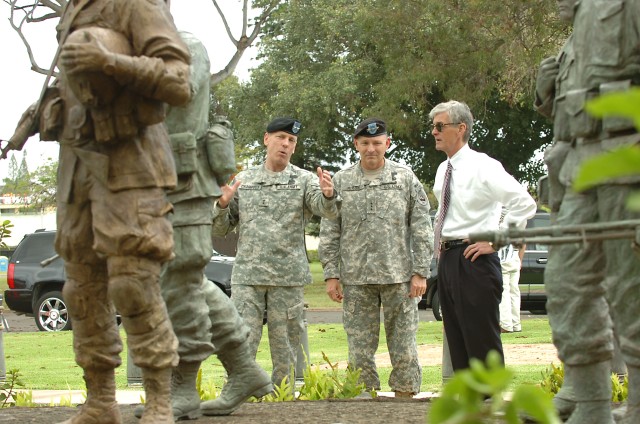
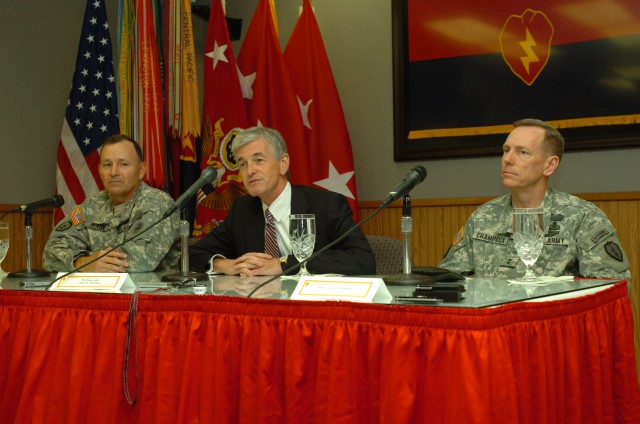
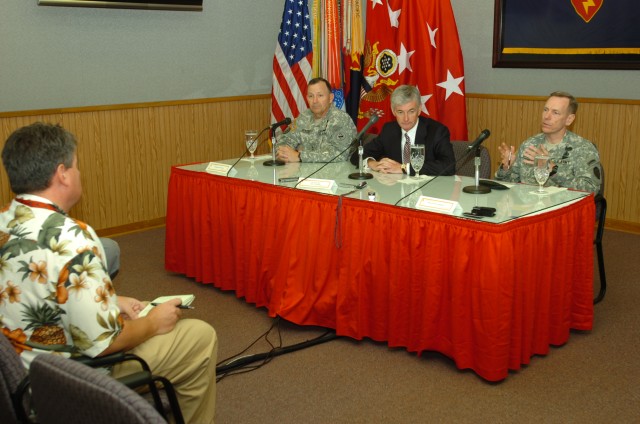
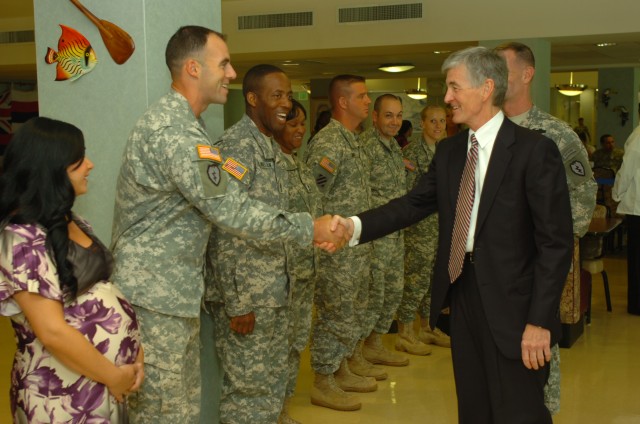
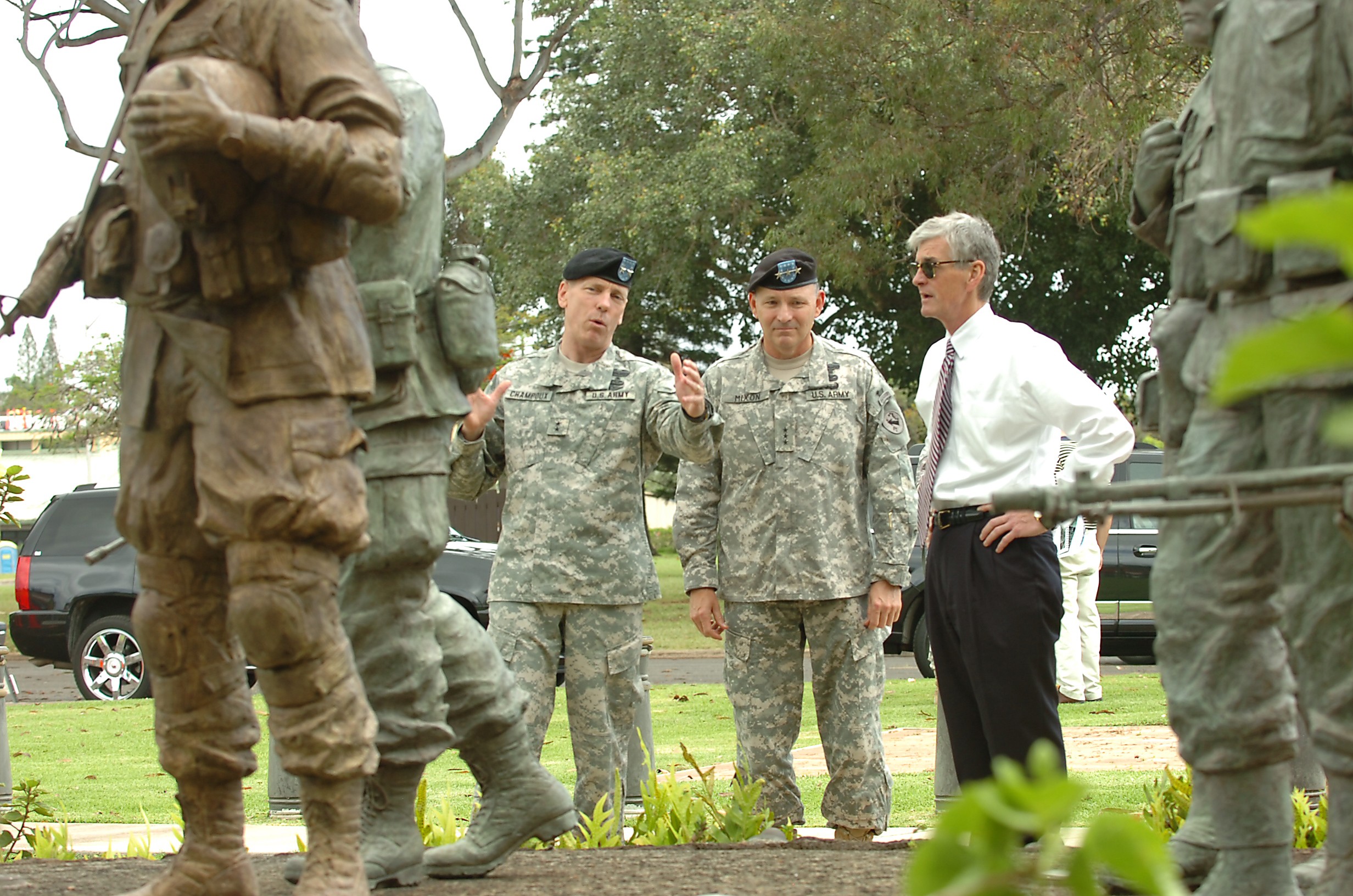
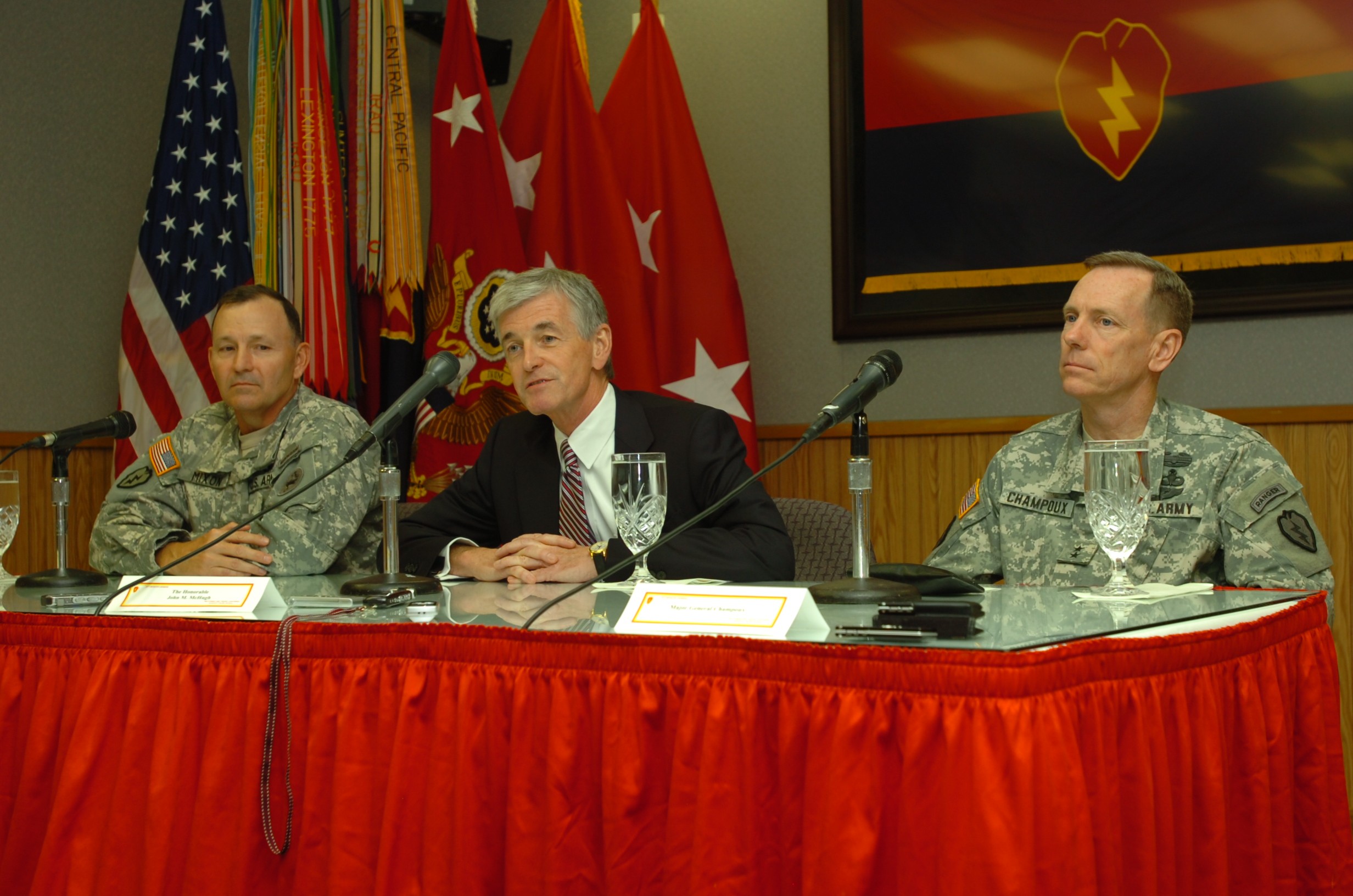
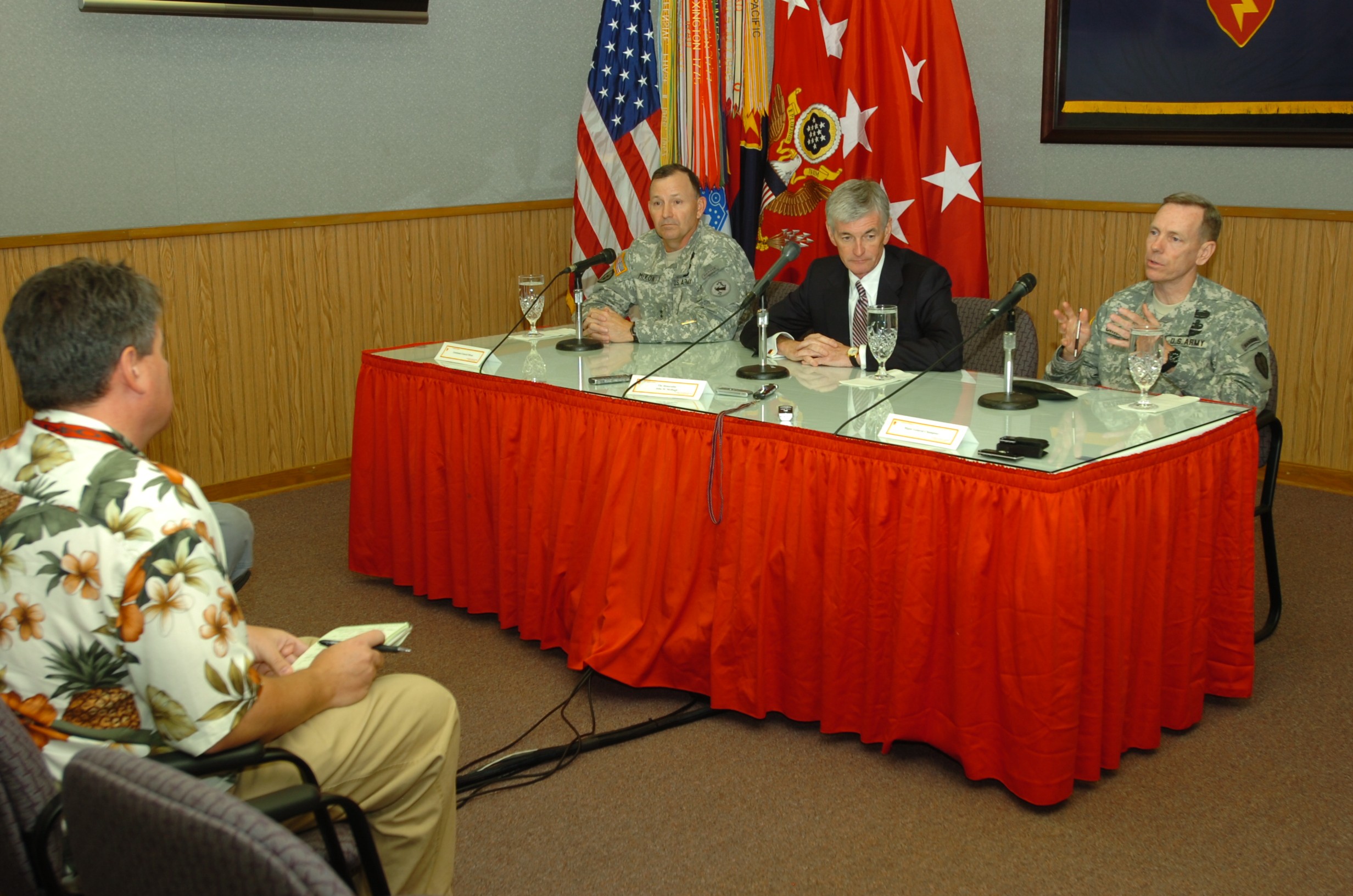
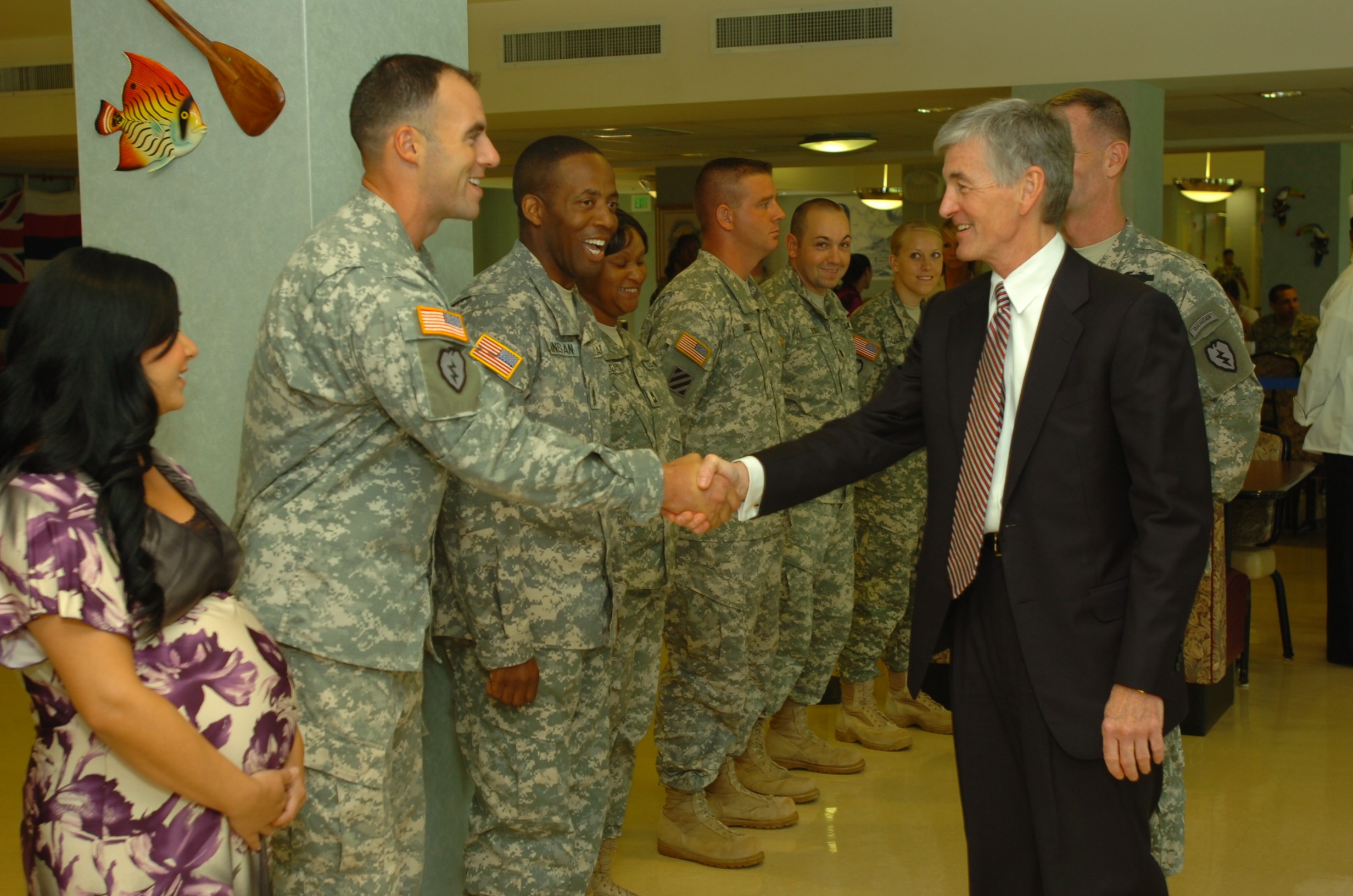
Social Sharing